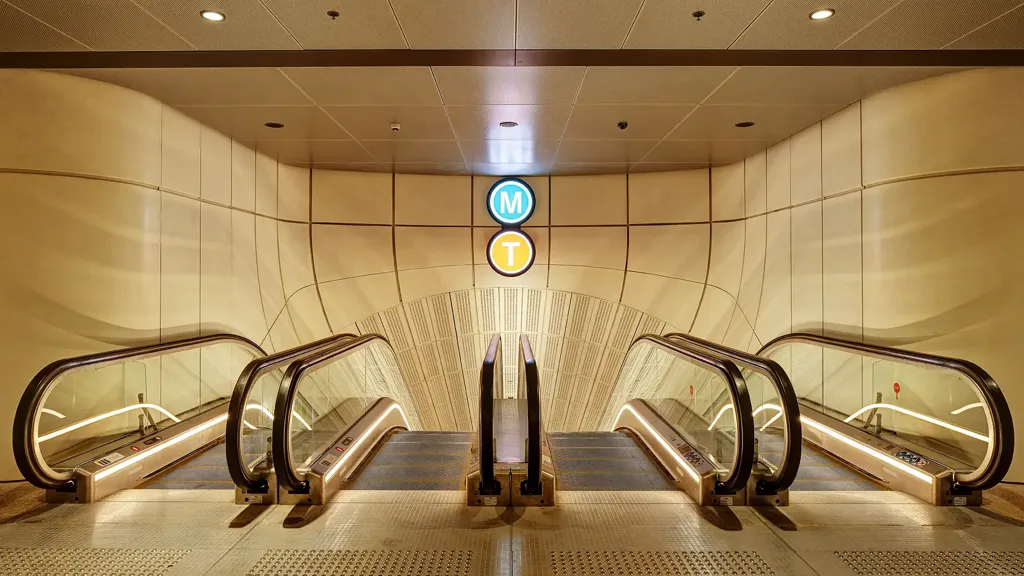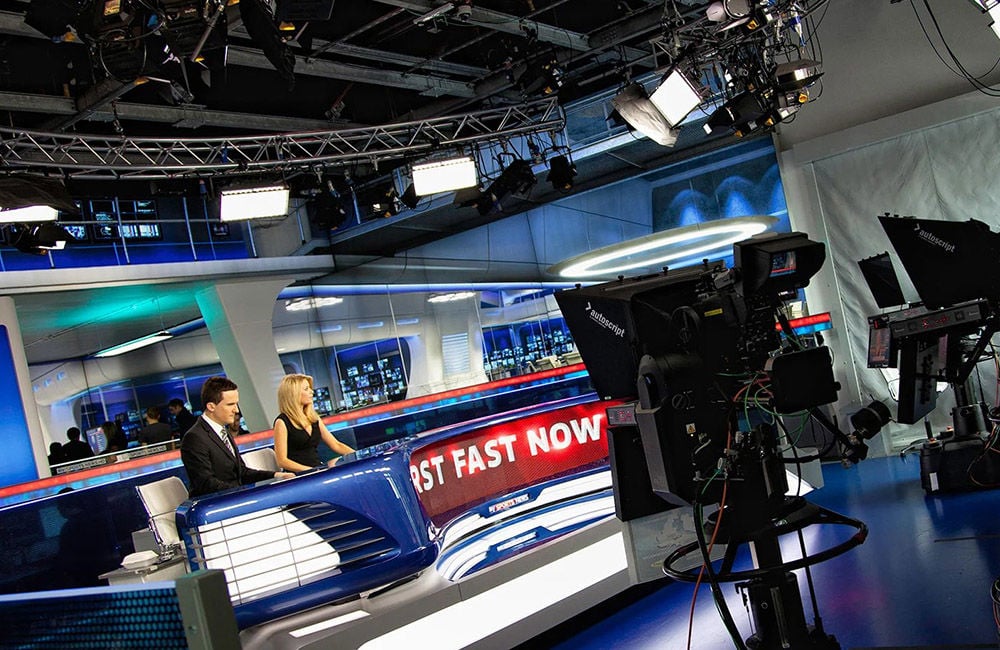Sustainable broadcast and media
As pioneers of sustainable design, Arup firmly supports the growing commitment within the media industry to reduce carbon emissions.
Get in touch with our team
We help clients meet their emissions targets and deliver operational efficiencies through a variety of means. For example, we can design buildings that are the primary modifier of the indoor climate, rather than relying on heavy machinery. Our designs can employ natural energy sources for ventilation, heating and electricity generation or harness ICT capabilities to achieve greater efficiencies. Even when renewable energy sources cannot be incorporated into a project, we can lower energy requirements by collaborating with the architect and client from the outset to ensure that the building’s fabric is energy-efficient.
Arup is also at the forefront of developing strategies for building and measuring a sustainable screen industry. In collaboration with the BFI’s Research and Statistics Fund and the BAFTA-led consortium albert, we co-authored A Screen New Deal: A Route Map to Sustainable Film Production. This report outlines six principles crucial for a sustainable future, beginning with the need to accurately measure the industry’s environmental impact. We also co-produced the Studio Sustainability Standard, which offers guidance for sustainability enhancement and includes provisions for measuring and reporting emissions related to Scopes 1 & 2, while considering various studio types and geographic locations.
Additionally, we partnered on the 'Transformation Plan for Wales' report, which provides essential sustainability guidance and recommendations for the film and high-end television industries. This report delves into necessary changes in transport, energy usage, waste management, and cultural practices to achieve net-zero targets.
BSkyB’s brief for a world-leading, sustainable HQ challenged our architects to capture every viable natural resource on site and to radically minimise energy use throughout the facility. Arup’s interest in whole-life sustainability focuses on the human experience of a building. This philosophy has led directly to creating a highly effective and flexible layout at Harlequin 1, that is in keeping with the working culture at BSkyB.
The building’s architecture excitingly expresses the integrated and world-leading sustainable technology. The natural ventilation chimneys of the recording studios are revealed on the exterior of Sky Studios, which some have likened to a new power station architecture of the 21st century.
Sky Studios is, within its genre, the most sustainable and technologically advanced broadcasting studio and data-centre building of its kind.
Explore
Learn more about how our services can support your project:
Projects
Explore more property projects

How can timber help to decarbonise housing construction in Africa?
Gatsby Africa, Kenya

Technical design advice to ensure the functionality and viability of Dubai's new super slender skyscraper
Muraba Veil, United Arab Emirates

Designing Sydney’s first integrated station development
Sydney Metro Martin Place integrated station development, Australia

An iconic landmark shaping the future for office buildings
The Henderson Building, Hong Kong
Broadcasting and media
Our Media and Studios teams provide comprehensive planning and design services that combine deep, film-focused knowledge of the sector and our global, multi-disciplinary engineering expertise.

